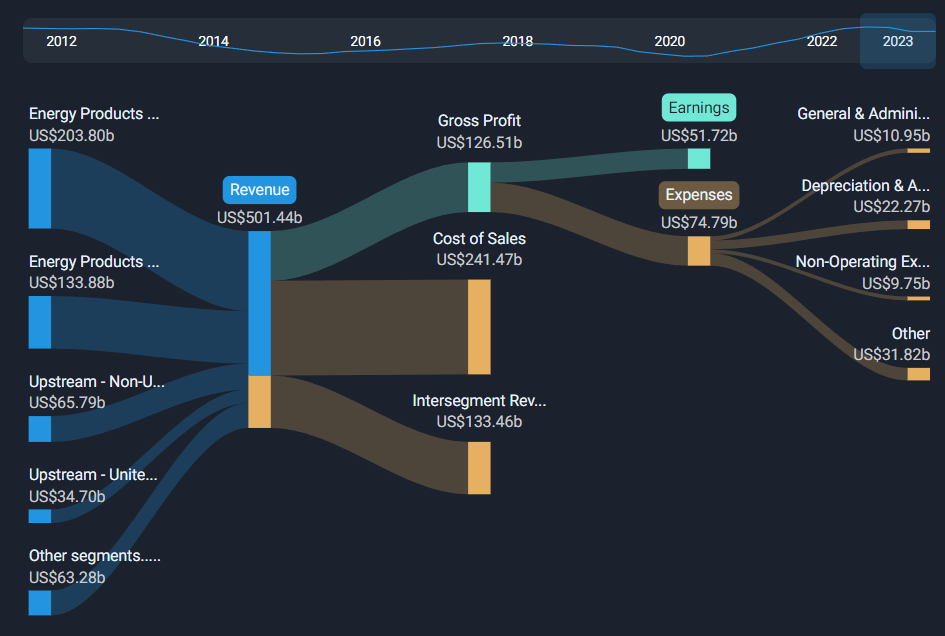Breaking: Germany's Finance Ministry Unveils Revolutionary Transfer Pricing Matrix
Finance
2025-04-15 12:31:08Content

Germany's New Transfer Pricing Compliance: Critical Changes for 2025
Starting January 1st, 2025, multinational companies operating in Germany will face a significant transformation in transfer pricing documentation requirements. The new regulations introduce stringent procedural guidelines that demand unprecedented levels of transparency and rapid response from businesses.
Under the updated compliance framework, companies must now prepare and submit comprehensive transfer pricing documentation within an extremely tight 30-day window following the initiation of a tax audit. This documentation must include:
- A detailed Transaction Matrix
- Comprehensive Master File
- Thorough documentation of any extraordinary transactions
These enhanced requirements underscore Germany's commitment to ensuring robust financial reporting and preventing potential tax avoidance strategies. Companies will need to be proactive, maintaining meticulous records and developing agile documentation processes to meet these new, stringent standards.
Businesses are strongly advised to review their current transfer pricing documentation practices and implement systems that can quickly generate the required documentation to ensure compliance with these new regulations.
Germany's Transfer Pricing Revolution: A Comprehensive Guide to Navigating New Compliance Landscapes in 2025
In the ever-evolving world of international taxation, Germany is set to implement groundbreaking changes that will fundamentally reshape how multinational corporations approach transfer pricing documentation and compliance. These transformative regulations represent a significant leap forward in fiscal transparency and regulatory oversight, demanding unprecedented levels of precision and timeliness from businesses operating within the German economic ecosystem.Transforming Tax Compliance: What Every Multinational Needs to Know
The Paradigm Shift in Transfer Pricing Documentation
The German tax authorities are implementing a radical overhaul of transfer pricing compliance mechanisms that will send ripples through the international business community. Unlike previous regulatory frameworks, the new guidelines demand an extraordinary level of detailed documentation and rapid response capabilities. Businesses must now prepare for a dramatically compressed timeline that requires comprehensive transactional documentation to be submitted within a mere 30-day window following the initiation of a tax audit. Multinational corporations will need to develop robust, agile documentation strategies that can instantaneously produce intricate transaction matrices, master files, and comprehensive records of extraordinary transactions. This represents more than a procedural change; it's a fundamental reimagining of how companies approach financial transparency and regulatory compliance.Strategic Implications for Global Business Operations
The implementation of these stringent requirements signals a profound shift in Germany's approach to international tax management. Companies must now invest significantly in advanced technological infrastructure and sophisticated documentation systems that can generate precise, comprehensive financial records at a moment's notice. This goes beyond mere compliance – it's about creating a culture of proactive financial transparency. Organizations will need to develop cross-functional teams that can rapidly compile complex financial documentation, integrating expertise from legal, financial, and technological domains. The ability to quickly generate accurate, comprehensive transfer pricing documentation will become a critical competitive advantage in the increasingly complex global business landscape.Technological Preparedness and Compliance Strategies
Cutting-edge technological solutions will be paramount in meeting these new regulatory demands. Artificial intelligence and advanced data analytics platforms will become essential tools for multinational corporations seeking to streamline their transfer pricing documentation processes. Companies must invest in sophisticated software systems capable of real-time financial tracking, automated documentation generation, and instantaneous compliance verification. The most successful organizations will be those that view these regulatory changes not as a burden, but as an opportunity to demonstrate financial sophistication and operational excellence. Proactive adaptation will separate industry leaders from those struggling to meet increasingly complex regulatory requirements.Risk Mitigation and Compliance Optimization
The new regulations introduce unprecedented levels of potential financial risk for non-compliance. Businesses must develop comprehensive risk management strategies that go far beyond traditional approaches to tax documentation. This involves creating flexible, adaptive systems that can rapidly respond to regulatory scrutiny while maintaining the highest standards of financial accuracy and transparency. Sophisticated risk assessment models, combined with advanced documentation technologies, will become the cornerstone of successful compliance strategies. Organizations must cultivate a holistic approach that integrates legal expertise, technological innovation, and strategic financial planning.RELATED NEWS

Wall Street Beware: Deepfake Scammers Set Their Sights on Finance Leaders

Inchcape Sails Past Earnings Forecast: Investors Cheer Strong Financial Performance






